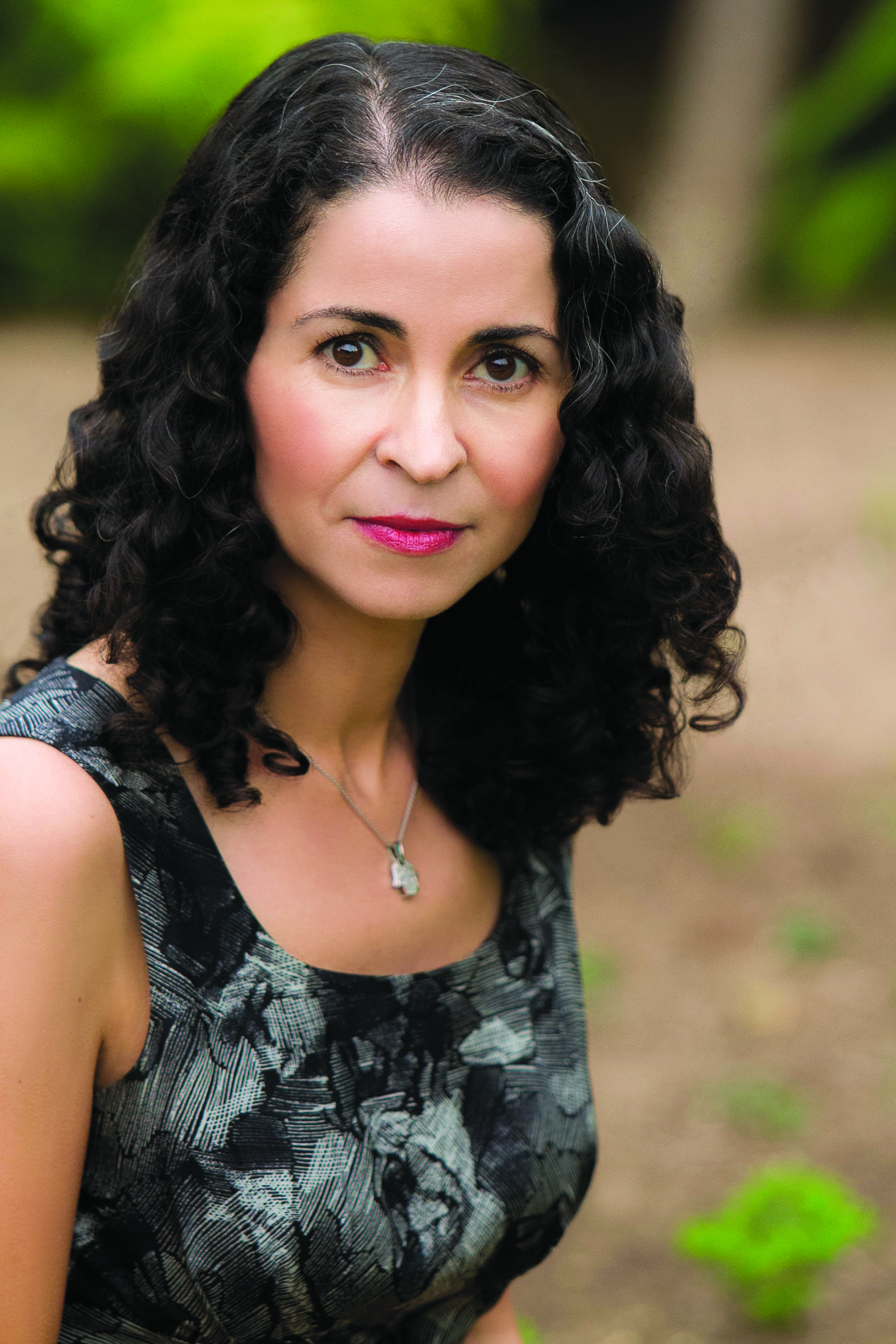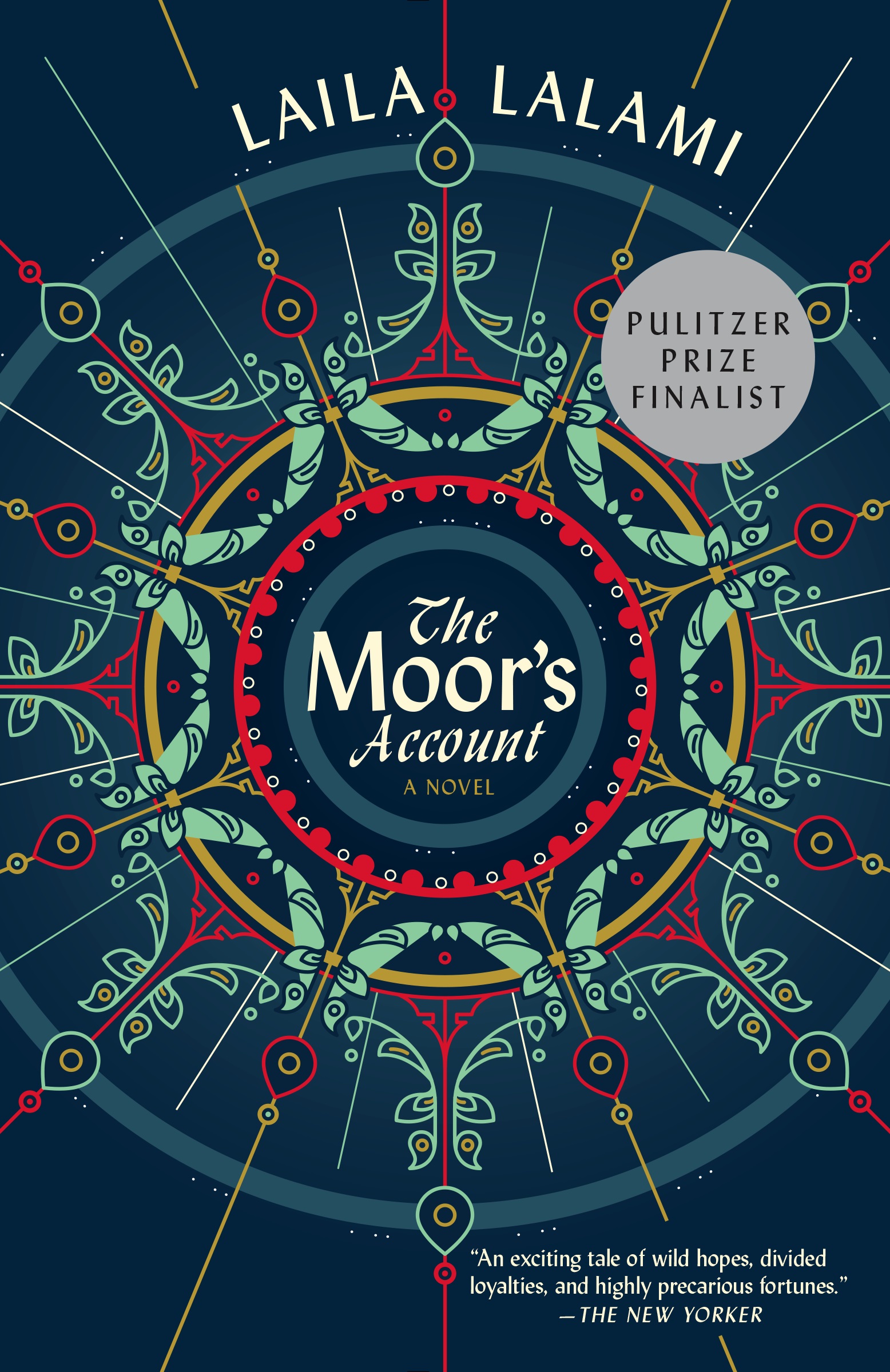Q&A with Laila Lalami
Novelist-Essayist Will Give a Free UCSB Talk, ‘Muslims in America: A Secret History’

On Thursday, April 27, UCSB Arts & Lectures will host a free talk with Laila Lalami, who will speak on Muslims in America: A Secret History at Campbell Hall. Three years have passed since Lalami’s The Moor’s Account was published, but buzz continues to surround the award-winning novelist and essayist. Lalami was born and raised in Rabat, the capital of Morrocco, before pursuing higher education in Great Britain and the United States. Her most current novel, The Moor’s Account, details the experience of Estebanico, a Moroccan slave who was one of four survivors from the Narváez expedition — a journey led by Spanish explorer Cabeza de Vaca in 1527 that began in Spain and ended in Florida. This historical fiction novel was a finalist for the Pulitzer Prize for Fiction award in 2015.
Lalami shares her experience living as an immigrant, emerging as a public figure and writing the fiction novel that not only sheds light on the past but also calls attention to present-day affairs.
What was it like living as an immigrant and studying in different countries? Did this have any effect on your writing? It’s an experience that isn’t unique. It’s an experience that I’ve shared with millions of other people, and it takes time to adjust to a new place. And at the same time, while these countries may have been new to me, they offered a sense of familiarity.
When you are in this new place, it provides a distance from your own culture and where you live, and this can be useful to a writer because you tend to approach things with more detachment and objectivity. It gives you a larger and broader canvas to work with.
In a recent article you wrote for the L.A. Times, you write about the public and private self. What are some challenges you’ve faced in your emergence as a public figure, and how have you managed to maintain what you refer to as your “private self”? I think one of the surprising things that happened when I became a public writer was how much exposure I had to readers. I thought I would go on book tours and go home right away, but there are literary festivals, readings, and other events after you publish a novel, so you’re still talking about the book long after it’s been published. It has resulted in a lot of curiosity from readers, and I don’t mind that. I don’t think it’s necessarily a bad thing, but other times I think it can become invasive. With social media, people think they know you as a person, so they start treating you as a friend. As a result, I’ve received packages in the mail and pictures no one should receive, so that has made me cautious and more aware of the mind between public and private.

In a similar regard to the duality of the public and private self is the persona of Estebanico in The Moor’s Account. He has his own history, his own truth, but he is also given one by his Spanish leaders. So we see this struggle between the authentic self and a more fabricated identity placed on him by his Spanish leaders. What would you say is the role of language in Estebanico’s attempt to navigate his identity? Language is central to your identity. It is the tool that we use to communicate with the world. A private language is usually one spoken at home. It’s not necessarily a simple one on one relationship with language and identity; it’s more complex than that. For Estebanico, he interacts in Spanish with the leaders, but he still keeps his native language that is representative of his own country, his own culture, and these are all things that come into play with how he sees the world, and he sees things in ways that make sense to him. Language plays a role, but it’s one of many factors.
How are some of the themes within The Moor’s Account reminiscent of current political events or social issues? I think that was a surprise to me when I began writing the book. It’s set in the 16th century, and I wouldn’t have imagined that it would have so many parallels to what is happening in the present moment. For example, when the Spaniards arrive in Florida, they look at this document and essentially say that the land belongs to them. They may seem ridiculous to us — how could you believe that by reading that document Florida is your own? I see the United States, for example, going across the world without a plan and documents, involving soldiers and torture, and there are parallels. What this book has taught me is that things have changed, but they have also stayed the same in some regard. When I wrote this, I wanted to create characters that would illuminate the truth and bring these historical events to life.
What is the key idea that you would want readers to take away from The Moor’s Account? I don’t think there is one specific message. There are so many reasons we read novels. We read to learn, to empathize, to discover things about ourselves, so I don’t write with the idea that there will be a message to anyone. I wrote this because I was engrossed by Estebanico and surprised that his story had not been included in the historical record. I want the readers to read it and take from it on their own and create their own interpretations.
Whose works have influenced your writing the most? And what are you reading right now? There are many writers that come to mind again and again. In particular there is J.M. Coetzee, the South African writer — although now he is Australian — and a particular book I go back to is Song of Solomon by Toni Morrison. I read a lot of historical novels in the process of writing The Moor’s Account, a lot of texts by Peter Carey. I read collectively and widely, and as far as what I’m reading right now: Lincoln in the Bardo by George Saunders.
4·1·1 Laila Lalami presents Muslims in America: A Secret History at UCSB’s Campbell Hall on Thursday, April 27, at 7:30 p.m. For more information, visit artsandlectures.sa.ucsb.edu.



